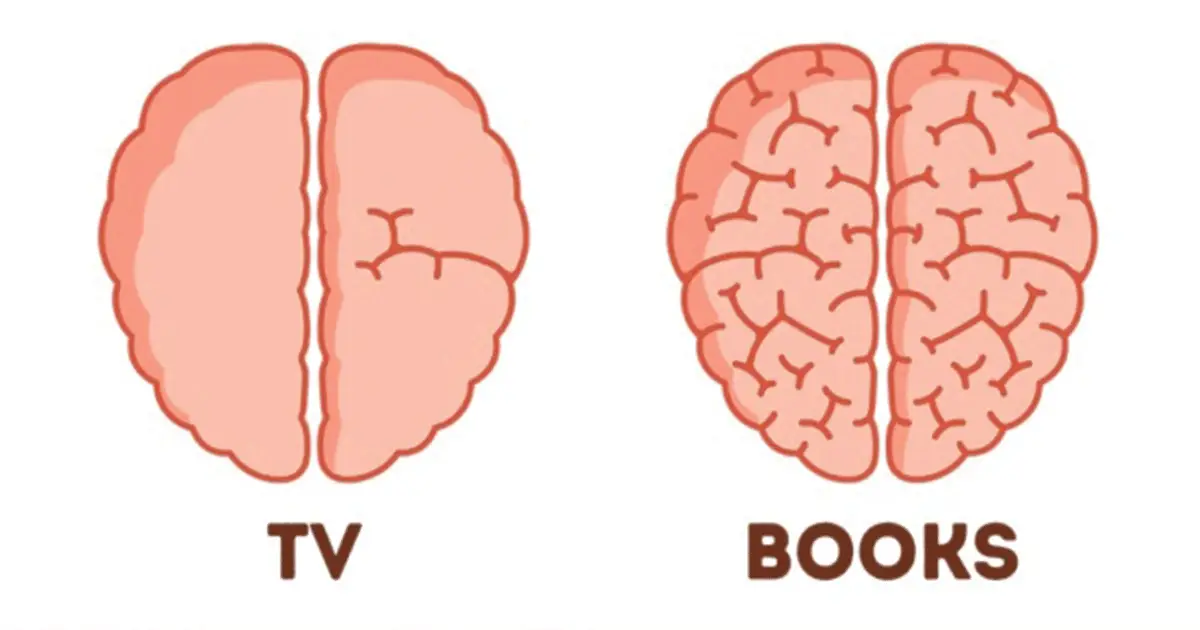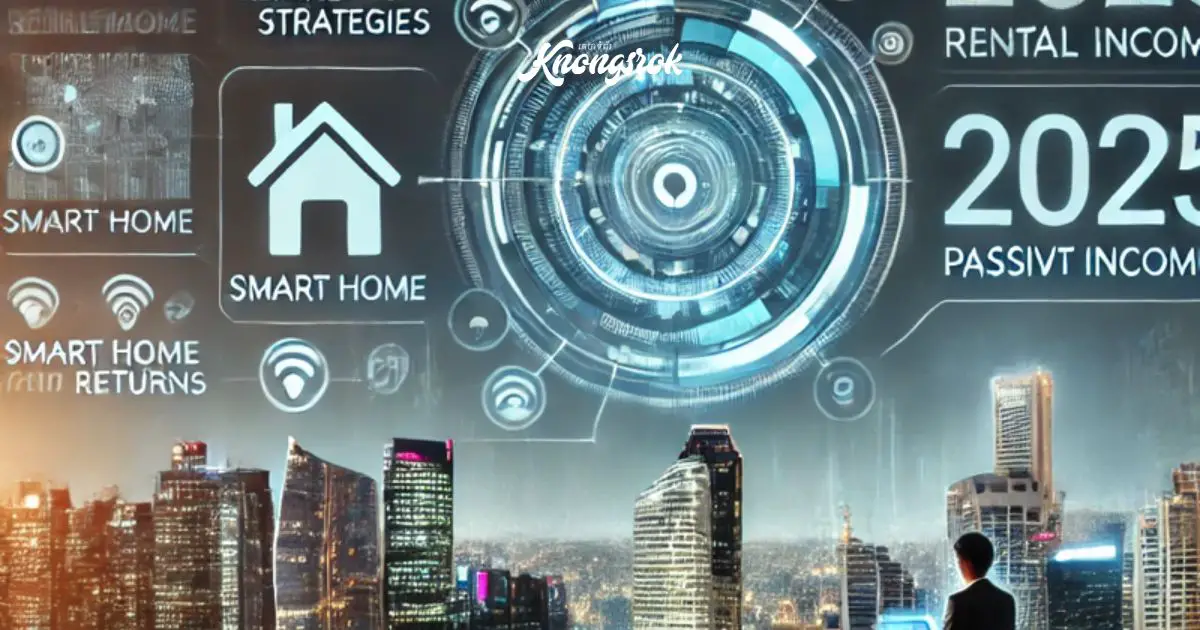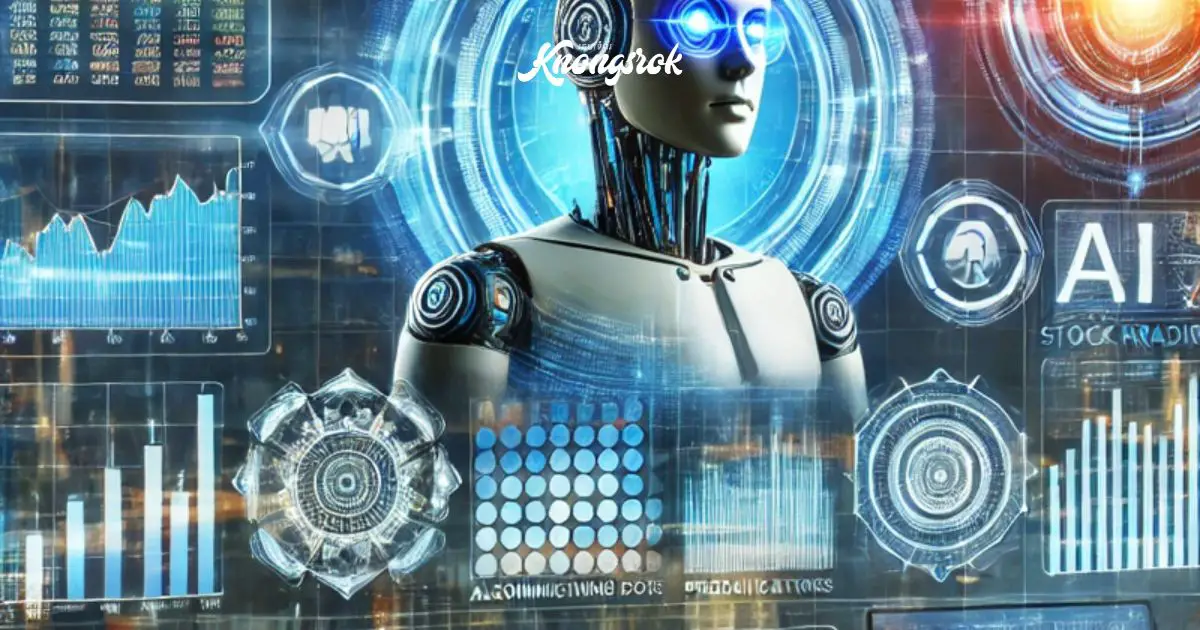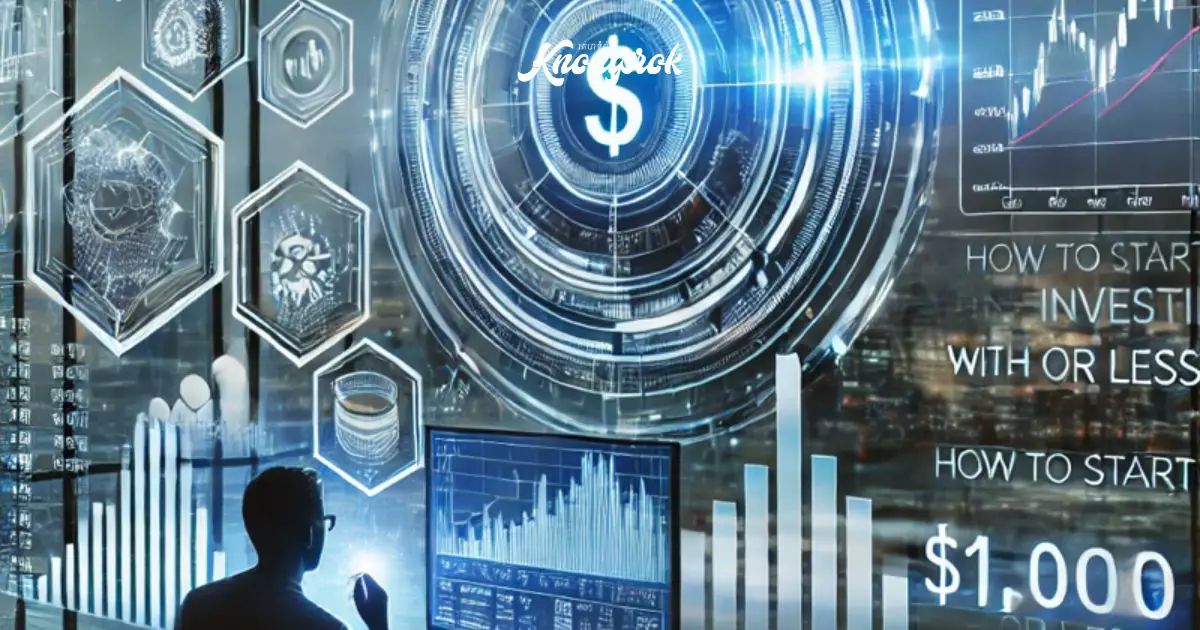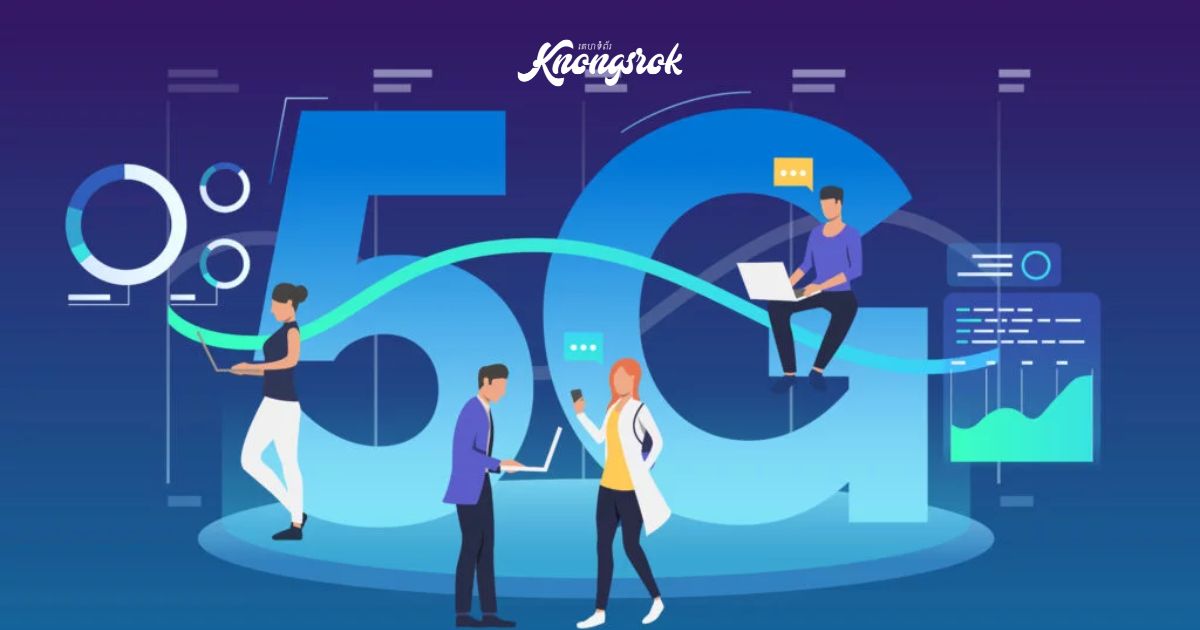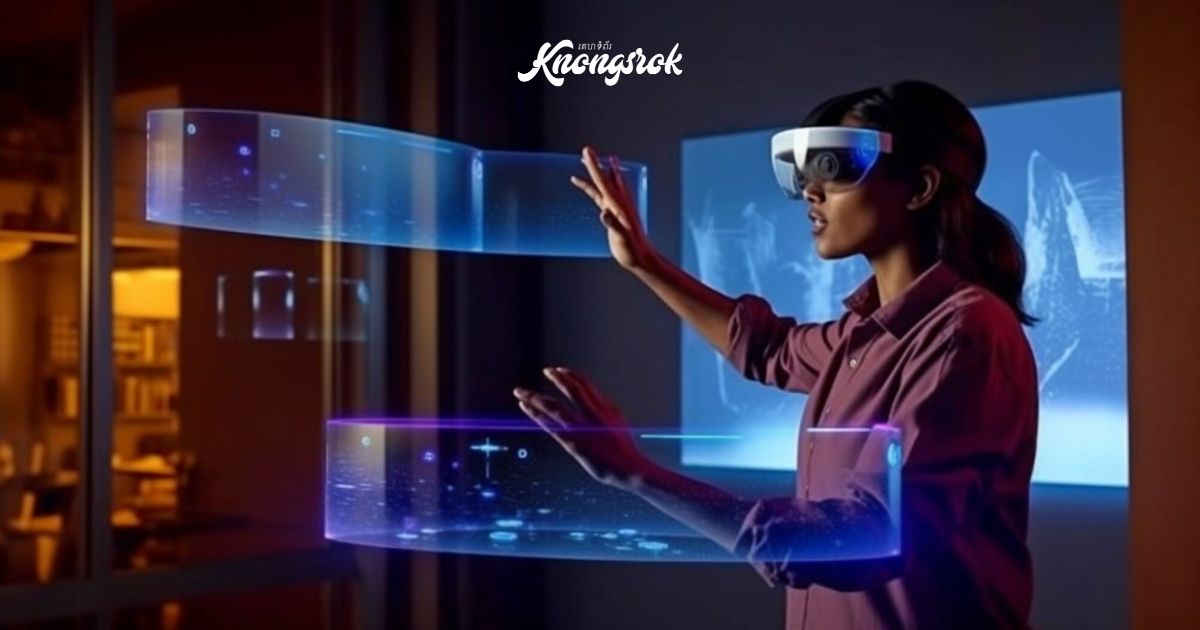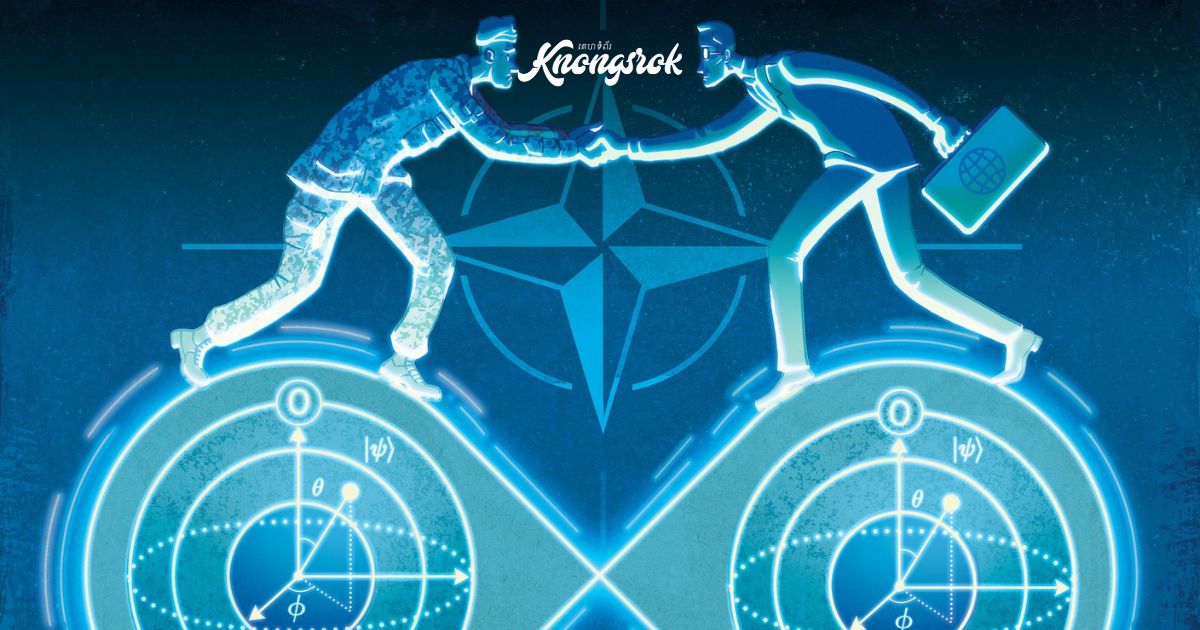The Future of AI: How Artificial Intelligence is Shaping Tomorrow’s World
Artificial Intelligence (AI) has rapidly evolved from science fiction fantasy into an integral part of our daily lives, fundamentally reshaping industries, economies, and society. From self-driving cars and personalized recommendations to breakthroughs in healthcare, AI is creating transformative changes that will define the future. As this technology continues to develop, understanding its potential impact on tomorrow’s world is crucial.
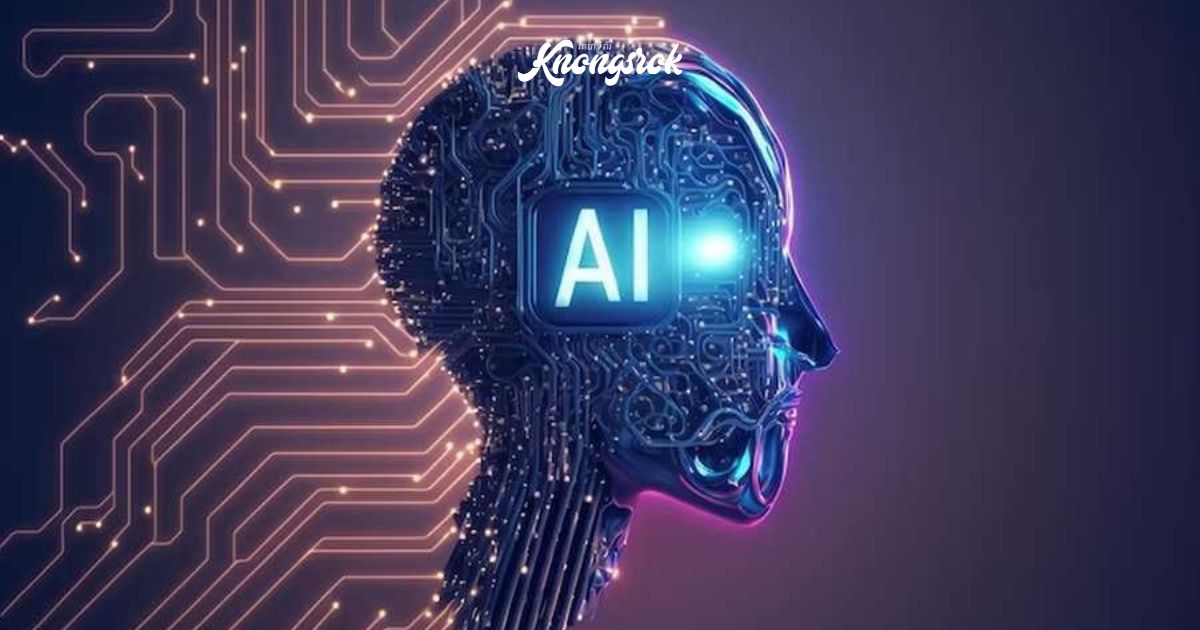
1. Revolutionizing Industries
AI is expected to bring profound changes across various sectors:
•Healthcare: AI is enhancing medical diagnostics and personalized medicine. Machine learning algorithms analyze vast amounts of medical data, enabling faster, more accurate diagnosis, and even predicting patient outcomes. AI-powered robots are assisting surgeons with precision surgeries, while wearable devices collect health data that can be used for preventive care.
•Transportation: Autonomous vehicles, powered by AI, are set to revolutionize the transportation industry. Self-driving cars and trucks could reduce traffic accidents, optimize logistics, and lower transportation costs. Additionally, AI-driven traffic management systems can help reduce congestion and pollution in urban areas.
•Finance: In the financial sector, AI algorithms are increasingly used for risk assessment, fraud detection, and algorithmic trading. AI’s ability to process massive amounts of data and make predictions in real-time enables more efficient decision-making, while chatbots and virtual assistants provide enhanced customer service.
•Manufacturing and Supply Chain: AI-driven automation in manufacturing is transforming production lines, improving efficiency, and reducing human error. In supply chains, AI can predict demand patterns, optimize inventory, and enhance logistics, helping companies respond more effectively to market changes.
2. Enhancing Daily Life
AI is not only reshaping industries but also impacting personal lives:
•Smart Homes and Assistants: Devices like smart speakers, thermostats, and home security systems use AI to create more comfortable and energy-efficient living environments. Virtual assistants such as Siri, Alexa, and Google Assistant learn user preferences, offering personalized assistance and information.
•Personalized Content and Recommendations: From streaming platforms like Netflix and Spotify to social media feeds, AI tailors content to individual preferences. This personalization creates more engaging experiences but also raises concerns about the creation of echo chambers and the potential for manipulation.
•Education and Learning: AI is transforming education by offering personalized learning experiences. Adaptive learning platforms cater to students’ strengths and weaknesses, allowing for more effective learning at an individualized pace. AI also assists educators by automating grading and administrative tasks, allowing more focus on student engagement.
3. Addressing Global Challenges
AI has the potential to tackle some of the world’s most pressing issues:
•Climate Change: AI is being used to model climate patterns, manage renewable energy sources, and reduce waste. For example, AI-driven algorithms optimize energy consumption in smart grids and help companies minimize their carbon footprint through better logistics.
•Agriculture: In agriculture, AI-powered drones and sensors monitor crop health, optimize irrigation, and reduce pesticide use. This helps farmers increase productivity while minimizing environmental impact.
•Public Health and Pandemics: AI models analyze disease outbreaks, helping predict and contain pandemics. During the COVID-19 pandemic, AI-assisted diagnostics, contact tracing, and vaccine research played a critical role in managing the crisis and accelerating vaccine development.
4. Challenges and Ethical Considerations
While AI offers vast potential, it also presents challenges and ethical concerns:
•Privacy: AI’s ability to collect and analyze massive amounts of personal data raises concerns about privacy. The collection and use of this data without clear regulation can lead to misuse and threaten individual privacy.
•Bias and Fairness: AI algorithms may perpetuate or even amplify societal biases present in training data. Biased AI in hiring, lending, and policing can lead to unfair treatment of certain groups, emphasizing the need for fairness and accountability in AI systems.
•Job Displacement: AI-driven automation poses a risk of job displacement, especially in roles that involve repetitive tasks. While AI could create new jobs, it’s essential to prepare the workforce with the necessary skills and retraining to adapt to these changes.
5. The Path Forward
The future of AI will depend on how we address these challenges and maximize its potential for positive impact:
•Responsible AI Development: Governments, tech companies, and research institutions must work together to establish regulations and ethical guidelines that ensure AI is developed responsibly and transparently. This includes preventing misuse and protecting human rights.
•Investment in Education and Workforce Development: Preparing for an AI-driven future requires investment in education and retraining programs to equip people with skills relevant in an AI-powered world. Governments and organizations should focus on reskilling programs that prepare workers for new opportunities in AI-related fields.
•Promoting AI for Social Good: Encouraging the use of AI for humanitarian and social causes can help address global issues like poverty, health disparities, and climate change. By aligning AI innovations with the Sustainable Development Goals, society can leverage AI for the greater good.
Conclusion
AI is not just a technological advancement; it is a transformative force that will shape every aspect of tomorrow’s world. While the future of AI holds incredible promise, the decisions we make today in shaping its trajectory will define how it impacts society. By fostering responsible AI development, addressing ethical concerns, and preparing for social changes, we can ensure that AI becomes a powerful tool for a better, more equitable future.
The future of AI is bright, complex, and filled with possibilities, and how we navigate it will determine the kind of world we create for generations to come.

